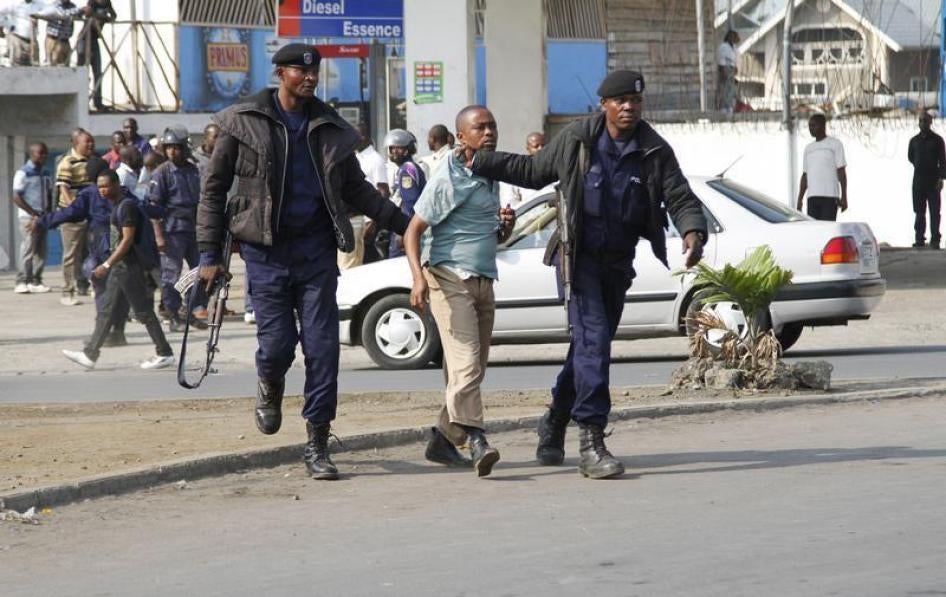The United States Senate Foreign Relations Committee is due to hold a hearing today on “good governance” in central Africa, something this troubled region desperately lacks. The timing could not be more crucial.
There is no clear end in sight for the crisis in Burundi, where hundreds of people have been killed since protests broke out against President Pierre Nkurunziza’s controversial decision to stand for a third term in 2015. Both the security forces and armed opposition groups have been attacking their opponents with increasing brutality.
A looming crisis in the Democratic Republic of Congo could push Burundi’s troubles to the diplomatic sidelines. Here, too, President Joseph Kabila appears bent on clinging to power despite a two-term limit ending in December. The government has violently cracked down on political opponents, youth activists, and others calling for timely and credible elections in Congo.
But there is still time to stem the violence, and the US government has a pivotal role to play. It has shown strong leadership on Congo, repeatedly calling on Kabila to organize credible elections and step down. President Barack Obama spoke on the phone to Kabila in March 2015; Secretary of State John Kerry visited the capital, Kinshasa, in May 2014; and the US special envoys to the Great Lakes region – formerly Russ Feingold and now, Tom Perriello – have made dozens of visits to deliver this message.
So far, Kabila and his supporters have ignored these pleas. The US government needs to back up its words with action. Targeted sanctions on those responsible for the crackdown, including travel bans and asset freezes, is one important measure, ideally in coordination with the European Union. Such sanctions would send a strong message to Kabila and his inner circle that there are consequences for their brutal repression. Such a step could help deter further abuses by the security forces, including during a new round of civic actions expected to begin across the country next week.
Congo is at an historic crossroads. How the situation plays out will determine whether the people of Congo will have greater hope of a country that respects human rights and democratic institutions or whether it will remain mired in abuse.
This is a crucial moment for the US government to stand together with them for democracy and respect for human rights.









